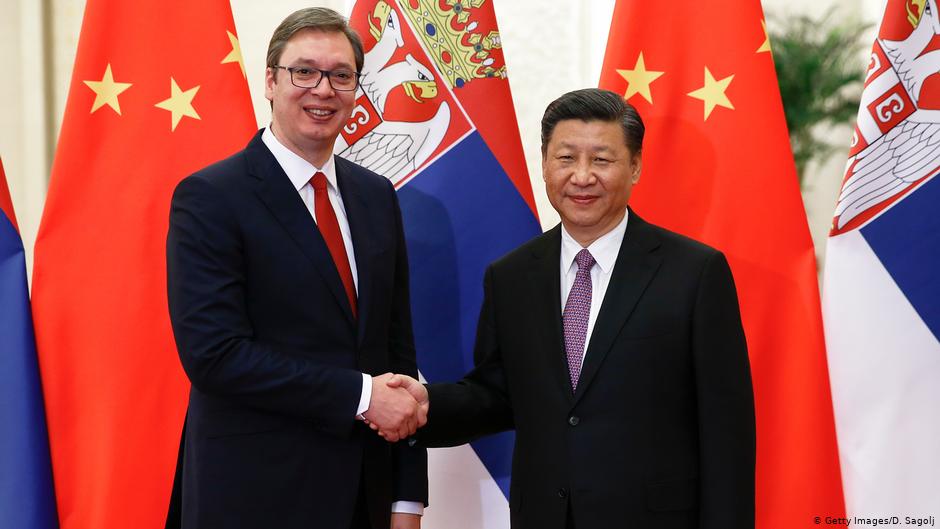Study was originally published by the Prague Security Studies Institute. You can download whole paper following this link.
The Serbian political elite have come to perceive China as a trustworthy and beneficial partner and are portraying it as such to the wider Serbian public, generating a positive picture of the country among Serbian people. Serbia has also been an important partner of China in Central and Eastern Europe, and Serbian politicians have embraced this relationship and have endorsed it through a number of mechanisms. This budding relationship is often described by members of the Serbian political elite as a “steel friendship” between the two countries. Partnership between Serbia and China has been intensifying since 2009, with the signing of a strategic agreement on economic, technological and infrastructure cooperation between two countries, and has reached the level of strategic partnership since then.
The Chinese presence in Serbia, often exaggerated, has helped the current ruling coalition led by president Aleksandar Vučić and his Serbian Progressive Party (SNS) to consolidate political power. Over the last decade, the centralization of political power and the control of governance mechanisms have paved the way for the ruling political elite in Serbia to popularize political and economic cooperation with China, elevate it to the level of strategic partnership, and present it as such to the Serbian public. On the other side of the political spectrum, the current opposition leaders were Vučić’s predecessors in the development of relations with China, and used to present it as a “foreign policy pillar” and Serbia’s close partner. This has created a lack of criticism from opposition leaders when it comes to the rising level of cooperation between Belgrade and Beijing.
This study identifies who the main Serbian political actors promoting closer ties with Beijing are, and in what ways and by what mechanisms they utilize China to gain domestic political points. It argues that the commitment to the Sino-Serbian partnership will remain constant in the approach of the Serbian political elite, regardless of the political party and the politicians in power.
The study was written by our Program Coordinator Stefan Vladisavljev as part of the project ‘Western Balkans at the Crossroads: Ways Forward in Analyzing External Actors’ Influence,’ led by the Prague Security Studies Institute. For more information, visit: www.balkancrossroads.com.’
Photo: Getty Images/D. Sagolj













